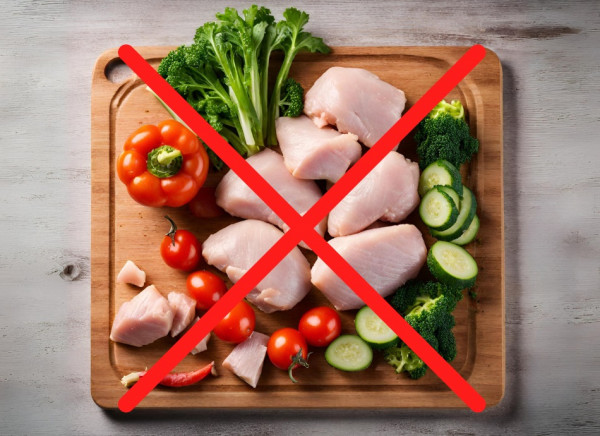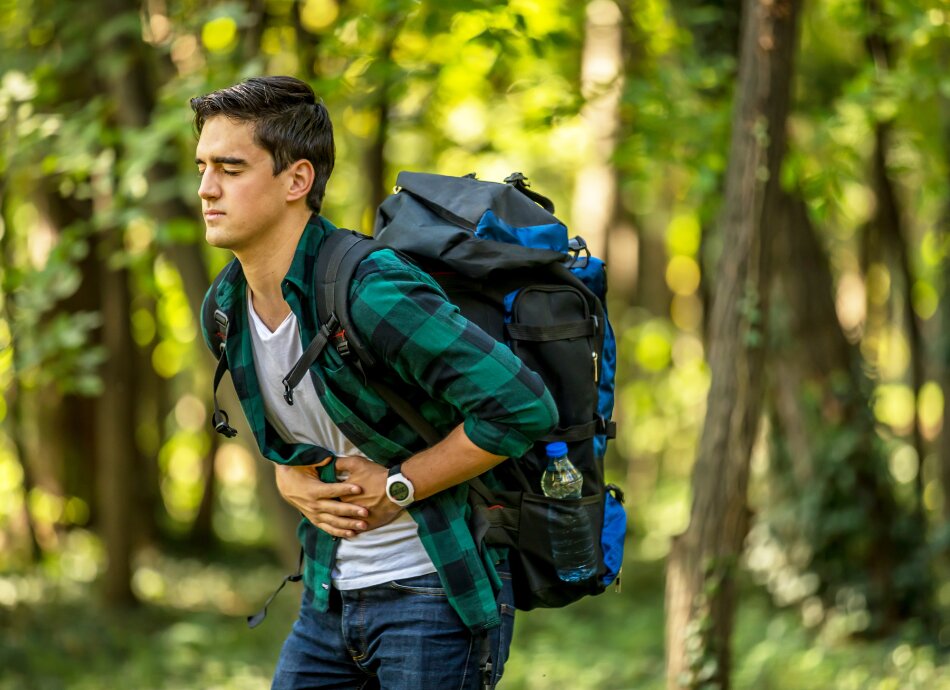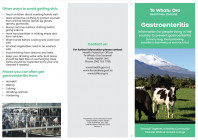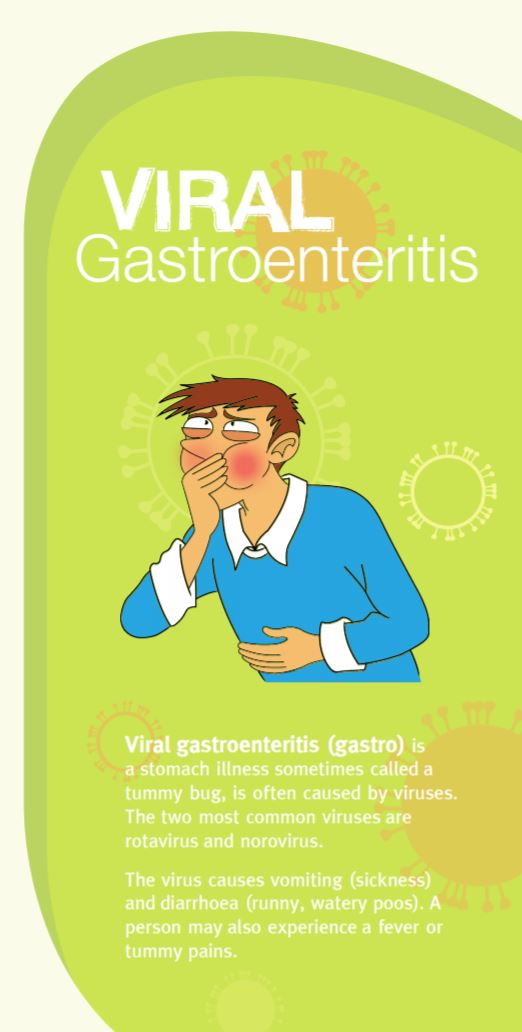Careful handwashing is the most important way to prevent the spread of gastroenteritis. If you don't have access to soap, use hand sanitiser. Don't go to school, day care or your workplace until you've had no diarrhoea for 48 hours.
The following advice on food preparation, cooking and storage while you're at home comes from the Ministry of Primary Industries.
Preparing food
- Wash your hands with soap and dry them well before handling, cooking, and eating food.
- Wash chopping boards and kitchen tools in hot, soapy water and dry them well after using with raw meat or seafood.
- Use different chopping boards for raw meat, seafood, and ready-to-eat foods like salads and cheese.
- Don't wash chicken or raw meat. Washing will spread bacteria in your kitchen and may contaminate other food.
- Wash your hands after handling eggs.
- Keep surfaces and kitchen utensils clean and dry before and after handling eggs.
- Use clean eggs free from dirt, faecal matter (poo), and cracks.
Cooking food
- Make sure poultry, pork, processed and minced meat is cooked right through to kill harmful bacteria. Chicken and sausage juices should run clear and the meat shouldn't be pink in the middle.
- Use a meat thermometer to check temperatures at the middle of the thickest part (where the temperature should be 75°C or more).
- Defrost frozen foods thoroughly so they cook properly in the middle. Or, follow cooking instructions on labels or packaging that say you can cook the food directly from frozen.
- Use 1 set of utensils for raw meat and chicken, and another set for cooked food. Put cooked items on a clean plate, not on the one that's been used for raw ingredients.
- Check the use-by dates on food packaging. Don't buy, eat or drink once this date has passed.
- If food is labelled with a best-before date, it's all right to eat the food after the date has passed, as long as the food is not showing signs that it's gone 'off'. Use your sense of smell, and look for signs of decay or mould. If in doubt, chuck it out.
Storing food
- Refrigerate or freeze any leftovers within 2 hours – no food should be left at room temperature longer than that.
- Keep eggs in the fridge after purchase.
- Cool hot foods for up to 30 minutes in room temperature before refrigerating to prevent raising the temperature in the fridge.
- Cool large portions of hot food by dividing into smaller containers (this helps the food to cool faster), then cover, and refrigerate.
- When eating outdoors, keep chilled foods (like salads) in a chilly bag or bin with ice packs until needed.
- Eat leftovers within 2 days.
- When in doubt, chuck it out.
Storing food in your fridge
Most harmful bacteria can't grow at low refrigeration temperatures. Set your fridge temperature between 2°C and 5°C and follow these tips.
- Keep raw and cooked foods separate in the fridge.
- Refrigerate raw meat on the bottom shelf, and keep it separate from cooked or other ready-to-eat foods.
- Keep cooked food on a higher shelf than raw meat or chicken. This will prevent raw meat and chicken juices from dripping onto food that's ready-to-eat.
- Keep your fridge clean, and don't overfill it. This can prevent cold air from circulating properly, which can affect the temperature of food inside the fridge.
It's also important to think about how to keep yourself safe when you're away from home.
Travelling/eating out
- Look at how clean the café or restaurant is.
- Avoid food, even salad and cold cuts, that sits in a cabinet all day.
- In developing countries:
- don't eat raw food, food from street stalls or peeled fruits
- drink only bottled or boiled water or drinks
- avoid ice
- use water purification tablets.









